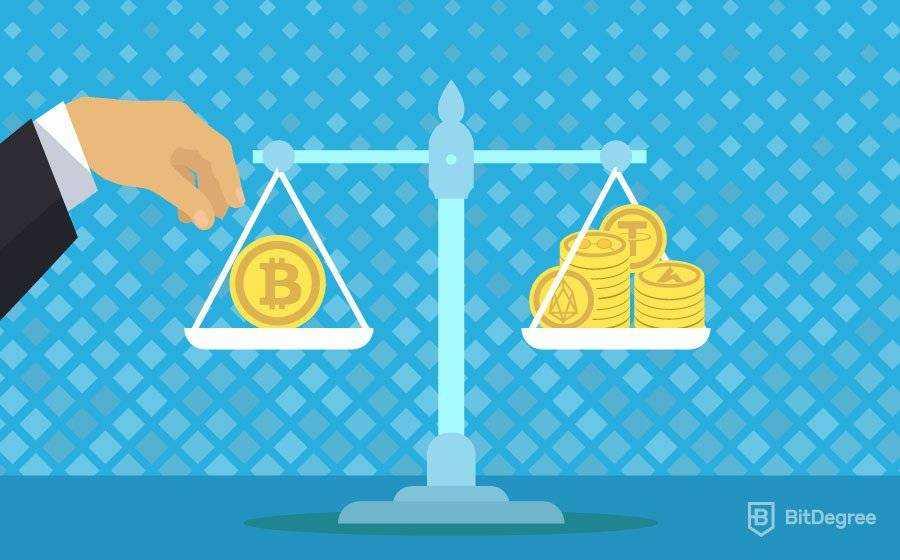Digital coin definition and examples
A digital coin is an asset native to its own blockchain. For example, Bitcoin exists on the Bitcoin blockchain, Ether operates and functions on the Ethereum blockchain, etc.
Digital coins don't move physically when you send and receive them. They exist as data on a database (or blockchain) and are tracked and verified by computers around the world.
Coinmarketcap lists over 900 different examples of coins, such as Bitcoin (BTC), Bitcoin Cash (BCH), Litecoin (LTC), Ethereum (ETH), Ripple (XRP), and Cardano (ADA).
17
311 reads
CURATED FROM
IDEAS CURATED BY
People who are new to cryptocurrency often confuse the term "token" and "coin". This guide defines the two terms and provides some examples for a better understanding.
“
The idea is part of this collection:
Learn more about crypto with this collection
Understanding the basics of cryptocurrency
How to store cryptocurrency securely
Risks and benefits of investing in cryptocurrency
Related collections
Read & Learn
20x Faster
without
deepstash
with
deepstash
with
deepstash
Personalized microlearning
—
100+ Learning Journeys
—
Access to 200,000+ ideas
—
Access to the mobile app
—
Unlimited idea saving
—
—
Unlimited history
—
—
Unlimited listening to ideas
—
—
Downloading & offline access
—
—
Supercharge your mind with one idea per day
Enter your email and spend 1 minute every day to learn something new.
I agree to receive email updates
